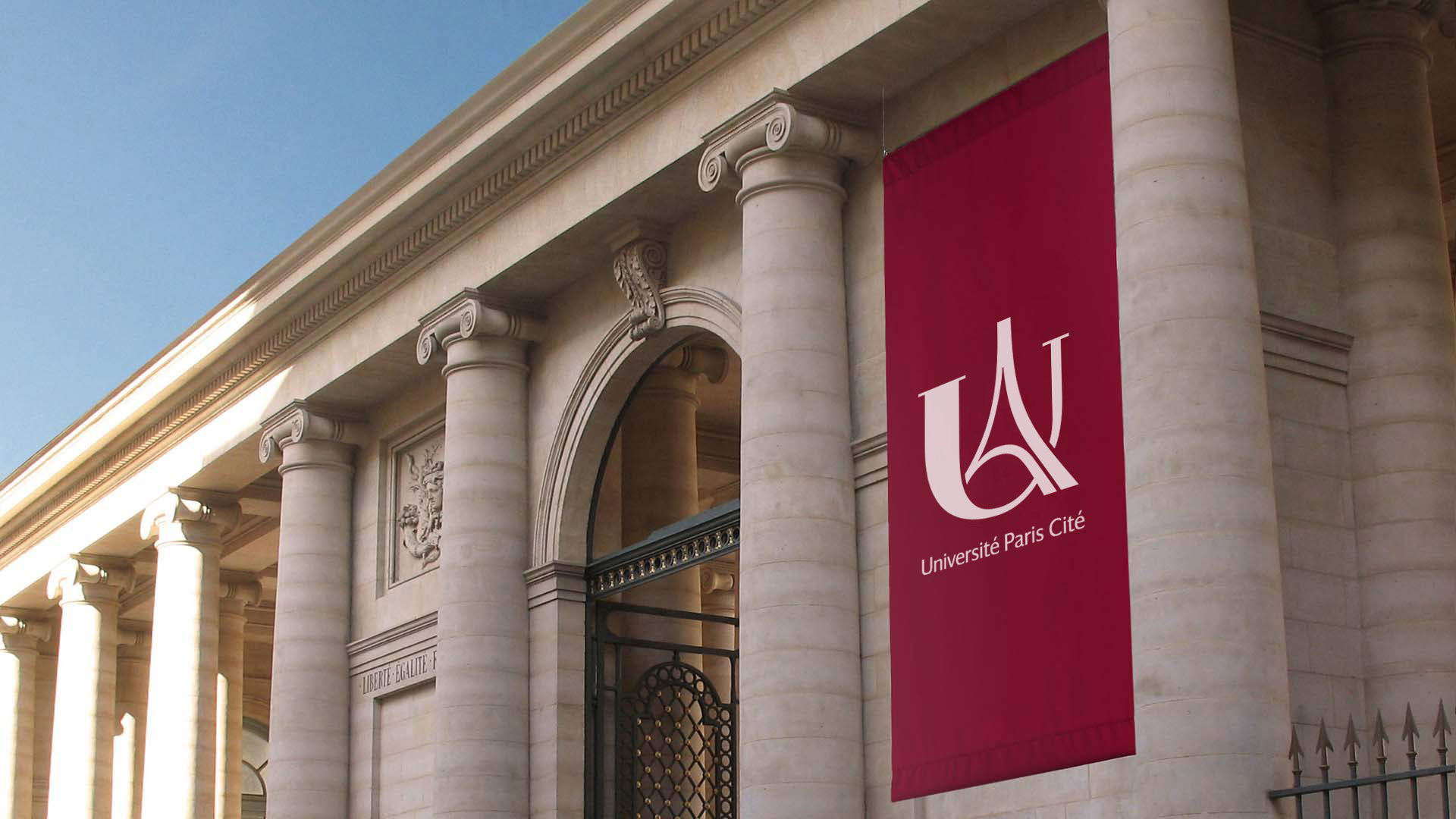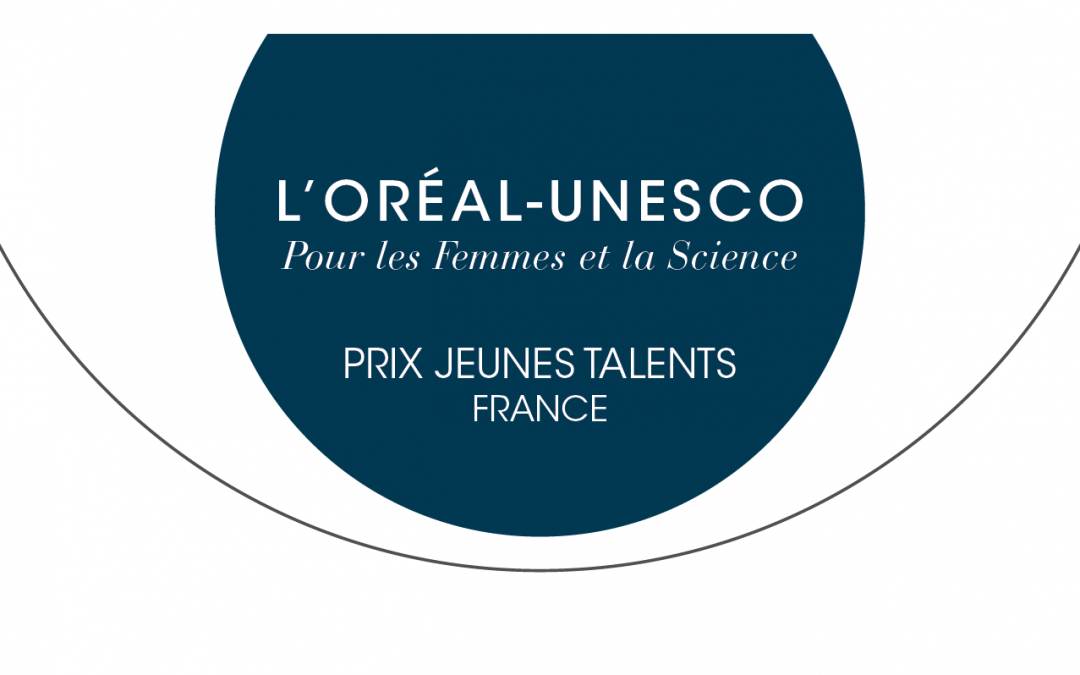Continuing the progress made last year, Université Paris Cité is now ranked 60th out of the 1,000 institutions included in the Shanghai Academic Ranking of World Universities (AWRU) for 2024, and remains 4th in France.

The new Shanghai Academic Ranking of World Universities was unveiled on August 15th. Ranked 60th in the world, Université Paris Cité has seen the biggest rise among French institutions (up 9 places), achieving its highest ranking since its creation and first appearance in the ranking back in 2020.
Édouard Kaminski, President of Université Paris Cité, comments:
“We are delighted with this recognition, which underlines the influence of the research carried out by our professors, researchers and research support staff in our laboratories. I would like to congratulate and warmly thank our entire community for its commitment to research, and for the quality and impact of its work: this remarkable result – the best achieved by our university since its creation – is first and foremost theirs!
This 60th position reflects the success of the scientific strategy developed jointly by the university and its partner research organisations – CNRS, Inserm, Inria and IRD – and, in the field of health, it reflects particularly the success of the association with the Institut Pasteur and the close links with the AP-HP (the public hospital network of Paris and its region). The recognition of our research ecosystem supports the quality and attractiveness of our training programmes, including those offered by the Graduate Schools, and strengthens our innovation cluster (ValoCité).
Our remarkable progress is part of the positive overall dynamic in the region, where we are developing strong synergies. It has also benefited from the policies implemented by the French government to support research, notably through our successes in the calls for projects under investments programmes.
While I welcome this result, which has been achieved in an increasingly competitive international environment, I do have some reservations about the way in which the annual fluctuations in the rankings are interpreted in the light of the long-term nature of research, and about the various limitations of the rankings, in particular the fact that scientific output in the humanities and social sciences is not properly taken into account, and the absence of criteria relating to the quality of training courses.”
Read more

Prix Jeunes Talents France L’Oréal-UNESCO Pour les Femmes et la Science : Appel à candidatures 2026
La Fondation L'Oréal, en partenariat avec la Commission nationale française pour l'UNESCO et l'Académie des sciences, déclare officiellement ouvert l'appel à candidatures de l'édition 2026 du Prix Jeunes Talents France L'Oréal-UNESCO Pour les Femmes et la Science :...
read more
International Day of Women and Girls in Science: celebrating the women who push research forward
February 11 was the International Day of Women and Girls in Science. On this day, Université Paris Cité reaffirms its commitment to the equality between men and women and celebrates the journey of the women who advance research. Between celebrating our heritage and...
read more
Suivi des maladies chroniques : un patient sur deux serait ouvert à la téléconsultation
L’étude REACTIVE, coordonnée par la Dre Tiphaine Lenfant et le Pr Viet-Thi Tran et menée par des équipes de médecine interne de l’hôpital européen Georges-Pompidou AP-HP, du centre d’épidémiologie clinique de l’hôpital Hôtel-Dieu AP-HP, de l’Université Paris Cité, de...
read more
Journée internationale des femmes et des filles de science : célébrer celles qui font avancer la recherche
Le 11 février marque la Journée internationale des femmes et des filles de science. À cette occasion, l’Université Paris Cité réaffirme son engagement en faveur de l’égalité femmes-hommes et célèbre le parcours de celles qui font avancer la recherche. Entre un...
read more